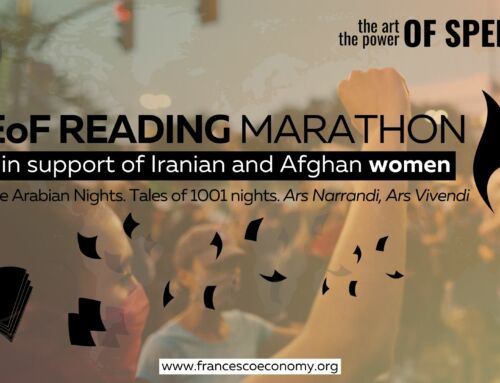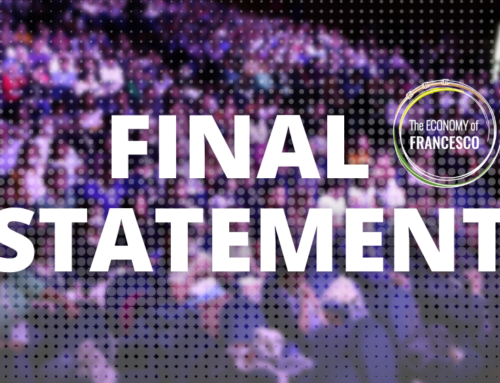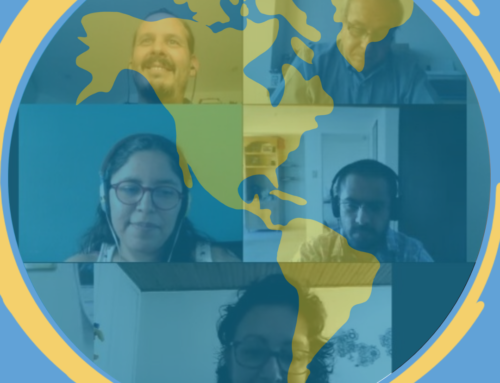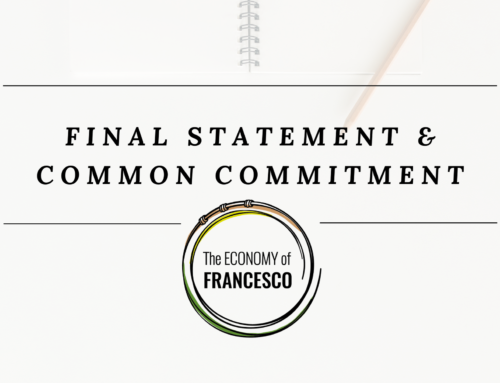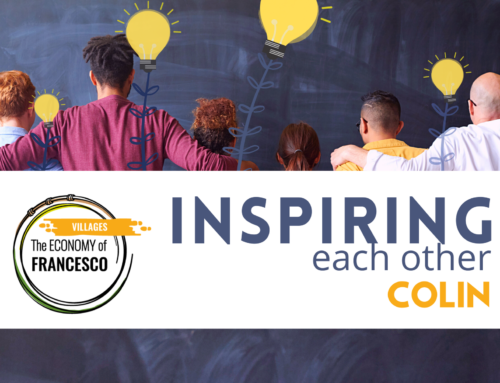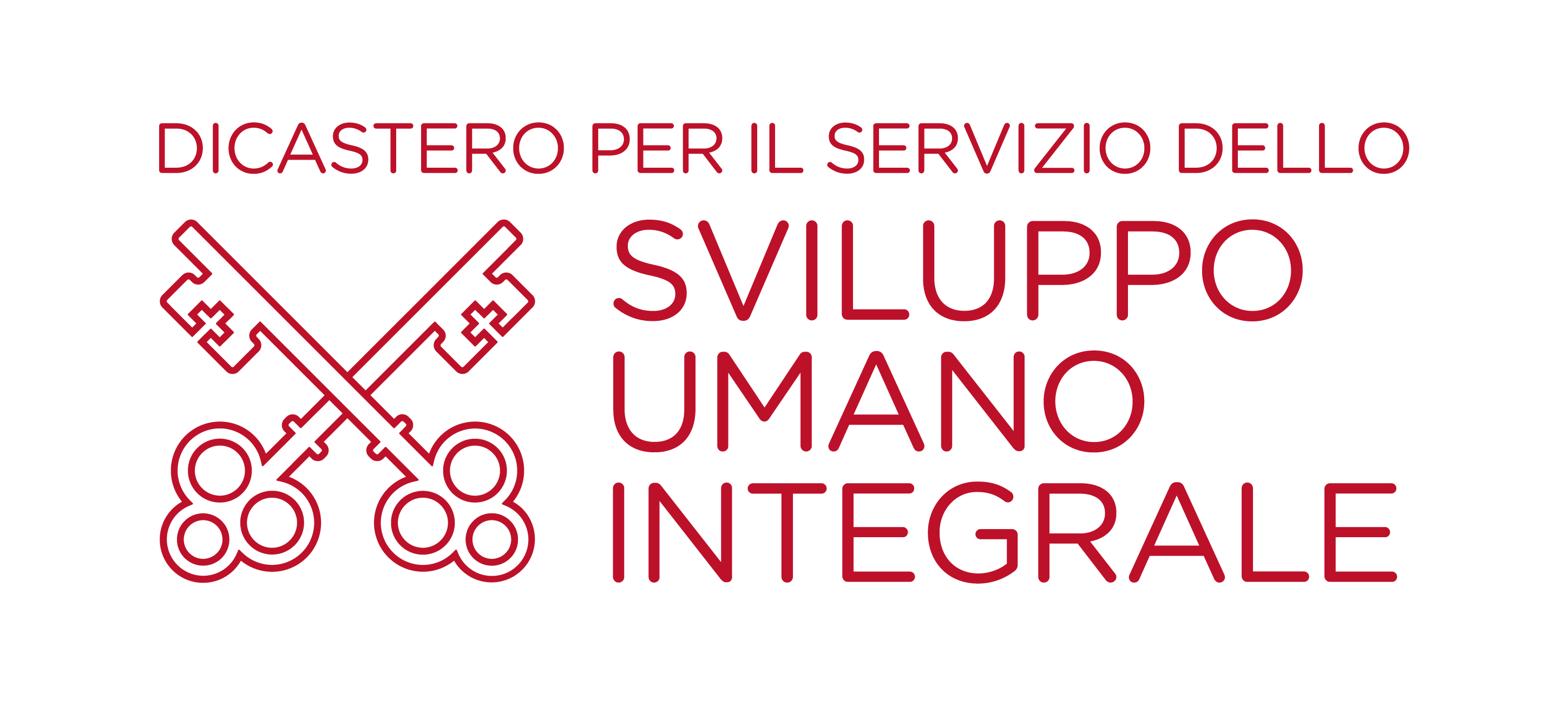Here you will find reports on inter-village activities carried out in Portugal.
Work&Care + Management&Gift | Policies & Happiness + Vocation & Profit
1. EoF in Portugal: Work&Care + Management&Gift
by Rita Sacramento Monteiro, David Santos, Francisco Almeida Maia, Bernardo Lobo Xavier
On the 24th of June, in Portugal, we started the 2nd module of Francisco’s Economy, in which we had the presence of about 30 participants to discuss the topics “Work & Care” and “Management & Gift”. These themes are part of the range of 12 villages proposed for the event “The Economy of Francesco”.

Why Work & Care?
We need to take care of each other and take care of our home, the planet Earth. We must take care through our work and, therefore, it must be taken care of through a perspective of “integral human ecology”, as Pope Francis tells us. Based on the words of Jennifer Nedelsky, we looked at three major dysfunctional norms in our society:
- Unsustainable stress in families
- Persistent inequality for caregivers
- Uninformed policy makers
These factors lead us to the premise that integral ecology is not possible without time! So, what would it be like if our reality were 30 hours a week of work (at most) and 22 hours for care? The challenge is to reach practical proposals that can act in three areas: individual, organizational / community and public policies.
In the individual dimension, the proposals that emerged were as follows:
- Search our balance through self-knowledge (for example: individual notebook where each one writes initiatives on how to care)
- Investing in the training of servant leaders
- Existence of a family mentor, contemplated in the NHS (similar to the family doctor)
In the organizational / community dimension, the participants think there should be greater flexibility and commitment from companies:
- “Family Day”, where all employees are invited to take their family and make it present and real in their professional context
- “Bank of hours” – each employee can manage in the way they prefer but must necessarily contemplate the time dedicated to taking care of others
- Volunteer training
- Community work in schools
In the dimension of public policies, the outputs were:
- Policies in education: during school hours, time to care / volunteer
- For an individual to exercise political functions, he must contemplate x hours of voluntary work
- Tax benefits for companies that promote volunteering and free time with their workers
- Increase in paternity leave
- Flexibility of working hours
These were the main ideas that emerged from the discussion of the village “Work & Care”, which to a large extent is combined with the main topics of the village “Management and Gift”.
The new “Management & Gift” paradox
The proposed reflection for this village is introduced through the “Management vs Gift” paradox.
Management – Govern; Lead; Organize; Efficiency; Maximization; To drive; Goals; Evaluation; Resources; Planning; Control; Operations; Finance; Money
Gift – Give away for free; Deliver as a gift; To sacrifice; Give life
While on the one hand it is necessary for management to include leadership, competition, maximization and control; on the other hand, it must also take into account yielding, the generation of life, gratuity, sacrifice and surrender. They are two sides of the same coin that must continually balance, where opposites are strengthened, reaching a greater degree of depth, where human relations are at the center.
The challenge concerns the following issues:
- What is the purpose of doing business?
- How to think of a Management in which the human being is at the center?
- How should entrepreneurs proceed in the first steps?
- Will there be room for free in the business world?
- What is the way forward to achieve greater interdependence between solidarity and institutions?
The revealed proposals arise from this need for present and future organizations to be more person-centered.
In the individual dimension, the outputs were as follows:
- Training for personal leadership, valuing more humanistic feedback
- The initiative for change starts with me, promoting this type of management within my company (ex: talking about ACEGE to a colleague)
Regarding the organizational / community dimension, the 30 young participants presented the following proposals:
- Valuation of companies with purpose – B Corp (Purpose & Profit)
- Fewer hierarchies, which leads to easier access for people and, consequently, greater transparency
- Leadership must be conducted with a focus on the purpose of serving the company’s mission. (ex: in the annual presentation of results, managers must mention how the values presented contribute to the company’s mission).
Within the scope of public policies, the concrete measures presented are:
- Existence of leadership training as a mandatory requirement
- Tax incentives for companies with greater transparency in human resource management
- Change of access criteria in the allocation of European funds. The criteria must be defined according to the evaluation of an index measuring the social metrics of the referent country (ex: how wealth is distributed in this country; or what percentage of homelessness exists).
These proposals are concrete, real and adapted to today. They are the result of teamwork, composed by young Portuguese from Assisi, who want to contribute to the social transformation that Pope Francis invites to lead.
Taking the words of Sister Alessandra Smerilli, a challenge echoed in the end: What if instead of being asked “What work do you do?” people would ask you… “Who do you care for?” Would you be able to answer?
2. EoF in Portugal: Policies & Happiness + Vocation & Profit
by Leonor Costa e Almeida, Joana Nazaré Morgado and Carminho Vitorino.
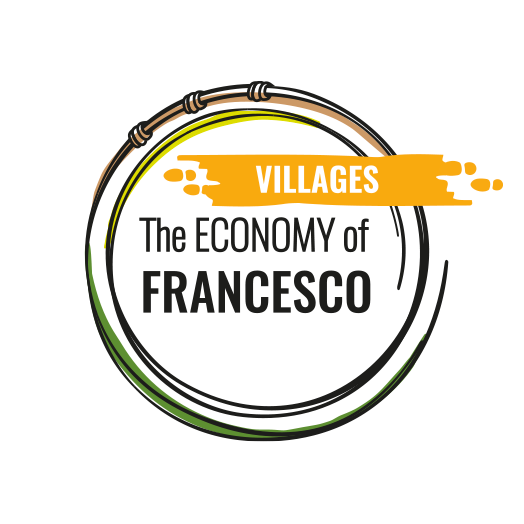
On the last 15th of July, 35 participants joined for another session of the Economy of Francesco. At this time, the mains topics were the villages “Policies & Happiness” and “Vocation & Profit”. This was the 2nd session of the Economy of Francesco module, that brings together young Portuguese people from all over the country.
Policies & Happiness
The session started with the meaning of happiness for each participant. The answers were diverse – serenity, peace, fulfilment/wholeness, feeling accomplished, communion – showing the complexity in defining happiness and its meaning. In general terms, happiness is something that derives from harmony and a synchrony with life as it is, regardless of circumstances.
In a first analysis, and since it is a topic with very specific perspectives, it is considered a priority to work on a personal level, where each one can work on their own reality. The changes are only real when they start in each one of us.
Some examples of the proposals at the individual level were:
- Each of us choose projects that were defined beyond the salary, defining more objectives than the immediate wellbeing;
- Slow down the pace of day-to-day life with prayer and contemplation.
In the organizational / community branch, the discussion started recognizing that labor relations must become that: relationships. In fact, the human dimension is often overlooked in the business world, with an excessive focus on production, productivity, to the detriment of valuing the person, belonging to a surrounding community. This can be particularly problematic in a teleworking context. Communication here assumes a central role of mediation for the enhancement of a sharing relationship between boss and employee – diluting possible organizational hierarchies – with a view to managing workload and work objectives, according to the different personal and family circumstances of those involved.
In addition, creating a humanistic culture in organizations presupposes the valuation of moments of silence and rest as instruments that promote individual and collective reflection – which appears, in today’s world, to be something unnatural. However, this exercise can be considered beneficial, either to help review poorly implemented processes and offer an opportunity for their future improvement, or to recognize how well the processes have been developed and the need to be grateful for that.
The measures proposed at the organizational / community level were the following:
- Implement team building moments, weekly reflection and retrospective exams, which can bring benefits to the business processes;
- “Friend by force / buddy” – each person in the company is responsible for another person, in order to help and contribute to the happiness of one another within the organization;
- Continuous training for leaders – to demonstrate the importance of defining and communicating to employees the mission, direction and purpose of the company, both in the market in which it operates, and in terms of impact on society in general. This measure will allow the alignment of the purposes of each individual with the purpose of the company, enhancing sustainable happiness for all stakeholders, as well as the achievement of the common good and sustainable growth / developemnt;
- Limit working hours, making it well defined / delimited;
- Regular monitoring of workers by well-being and happiness organizations, through the creation of a department focused on the well-being of their employees, with the help of a psychologist and / or chaplain;
At the political level, there are also several proposed ideas. Starting by emphasizing that happiness must be a criterion for the management and conduct of public policies, as it is a concept that includes those involving several human dimensions. On the contrary, regulating ourselves by revenues and costs seems reductive, when the parties involved in the processes are, above all, people.
The measures presented at the political level were the following:
- Creation of more representative and consensual indicators for measuring happiness. Example: average time each job has to dedicate to the family – In practice, if a Portuguese person has 2 hours less free time than a German (or less 1 hour daily for the family), governments must adopt policies to correct this inequality;
- Participatory budgets so that the choice is for the common good of all individuals (the notion of the common good may differ from person to person and it is important to take into account different opinions) – there should be a rotation in the entities that manages these budgets.
- Training in schools and universities on Happiness and the importance of the Purpose of life.
- Existence of a standardized inquiry for companies, surveying their workers’ well-being and happiness indicators (Examples: working after hours; birth policies). With the premise that the results would be published annually, this measure would put pressure on companies with more dissatisfied workers to correct their management. This survey should be carried out by a public institute.
Vocation & Profit
As in the first village, the beginning of the work started by finding several meanings for the words vocation and profit. In the word vocation, the answers were varied, with the most frequent responses being: path, God’s project and call. For the definition of profit, the words reward and retribution were the most chosen.
With this starting point, we establish the parallelism with the individual, agreeing that a person’s life objective should not be purely and simply making money, reinforcing the importance of the existence of a purpose and a mission, which should be the center and the main motivation of each one. Here, money appears as a positive outcome, not as a goal. The problem then arises when money / profit constitutes the final objective, and then the logic is distorted, closing the individual and the company in themselves. Focusing only on vocation does not pay bills, but when overvaluing profit, the heart will be lacking.
Prioritizing values between profit and vocation does not have to be an exclusive choice. It is possible to reconcile both, but it is even more important to assume the fulfillment of each vocation as the cornerstone.
The measures proposed at the individual level were as follows:
- Courage to follow the vocation (seek guidance with spiritual direction, give space and time for reflection);
- Undertake more effort and professionalism in activities in the social sector (often it does not happen because it is seen as a free-time activity) – Balance between working and caring;
- The importance of having a life purpose and a mission discovered and assumed by each person. Money comes as a positive result and not as a goal.
Similarly, it was understood that organizations and the current world in which we live are too focused on profit, leaving the concept of vocation to the background. We conclude, however, that profit and vocation are not necessarily incompatible / antagonistic. Thus, the vocation, as a call to a cause greater than the person (common cause), can be measured through the impact that organizations have on society. The optimum point is to positively align the strategy of the companies with this impact that is caused in society, through obtaining profit.
In this logic, it was concluded that profit is rather an excellent result, but never a single objective in itself. Thus, if a company does not make a profit in a given year, this should not mean that the company has failed its objective. On the contrary, it should mean that the company is not yet realizing its maximum potential and having the due impact on society in a sustainable way.
Profit must be repositioned within companies, ceasing to be the ultimate objective, and rather be used as a growth metric for the realization of a real purpose in society.
Thus, in the organizational /community dimension, the proposed measures were:
- Difficulty in choosing the Social Sector as a professional activity because it is not possible to have sufficient financial remuneration. Consequently, there is a lack of qualified labor in this kind of organizations. The solution involves the professionalization of this sector in order to increase the level of demand in management and operation;
- Promote participatory budgets within the company, where workers can have a say in several investments (Example: investments in expansion into new markets, environmental investments or in social projects). Involve workers in the company’s decision-making processes, motivating and co-responsible, thus contributing to more horizontal structures;
- Enable workers to develop their personal projects with the company’s tools (Example: Google).
Our society, – often camouflaged under ideals of individualism, emancipation, prosperity – insists on deviating each person from his vocation, that is, from the purpose for which he was created, from his purpose, role to play in the community. The vocation is mostly discovered if conditions exist that allow it. Ensuring people’s personal, social and spiritual fulfillment should be the priority of any public policy driver.
Taking the academic context as an example, we find that many schools prefer to submit “to the laws of the market”, instead of promoting a culture of love of knowledge, in which knowledge is not only a means, but also an end. People should not be subject to the laws of the market, as products subject to the laws of supply, demand and utility. Rather, it is the market that must serve the person, in its integrity.
In the political dimension, the main suggestion to implement was the following:
- Allocation of a % of the annual profits to a fund of social projects, with independent management or with the participation of the State. Companies would receive tax benefits and the fund’s donor list is public, to encourage companies to participate. This measure contributes to increasing the companies’ focus on generating social value and not just profit.
To sum up, we conclude that there is no dichotomy between vocation and profit.
We must, however, apply the “Golden Circle” theory to our lives, asking frequently, and in every decision we make: what we do, how we do it and why we do it.
The biggest challenge is this one that urges us to reflect: in the places in which I am inserted, what can I do differently to contribute to a happier, more just and balanced society?
The session was:
- Directed by: Marta Bicho, Joana Nazaré Morgado, Afonso Espregueira, sj and Leonor Costa e Almeida
- Coordinated by: ACEGE Next


